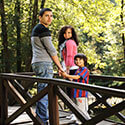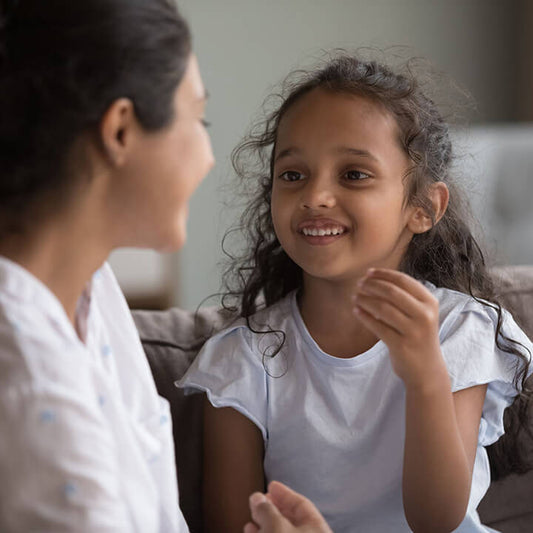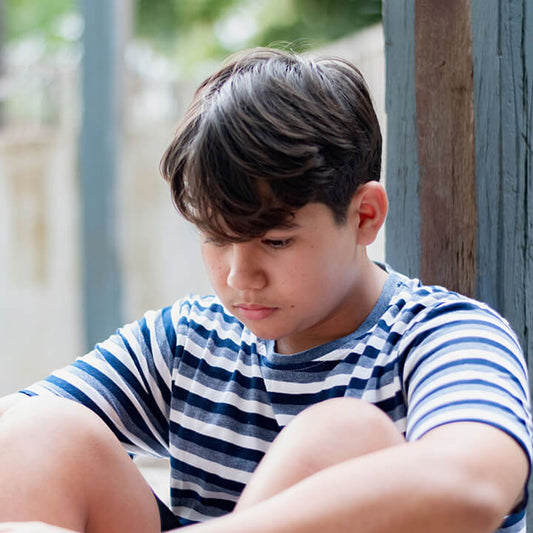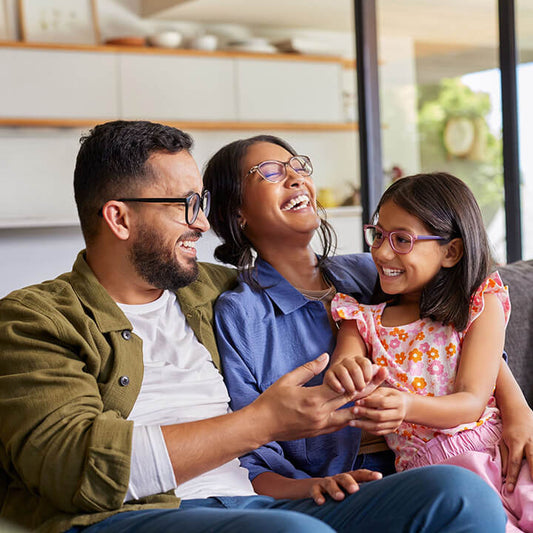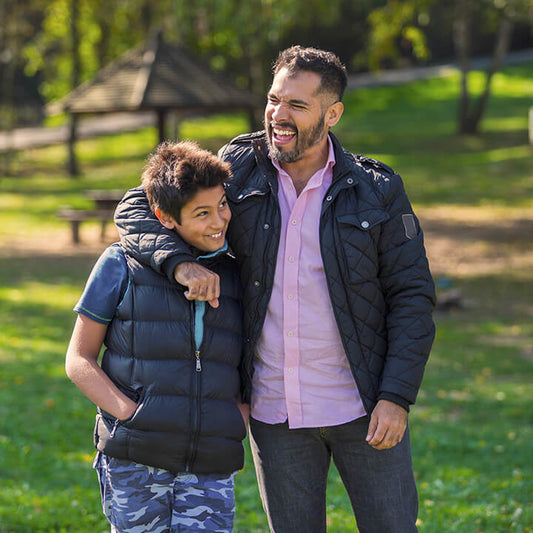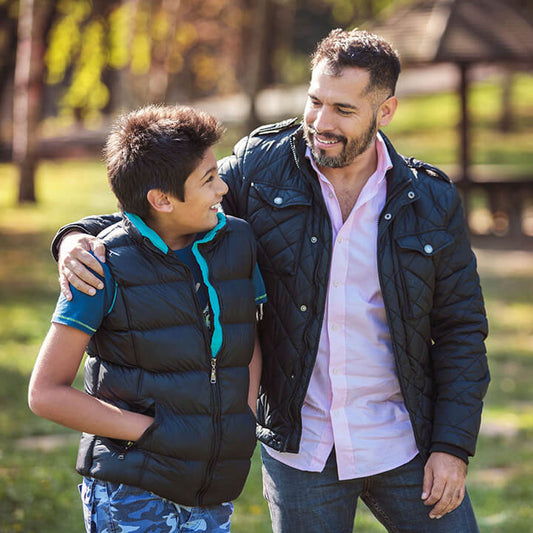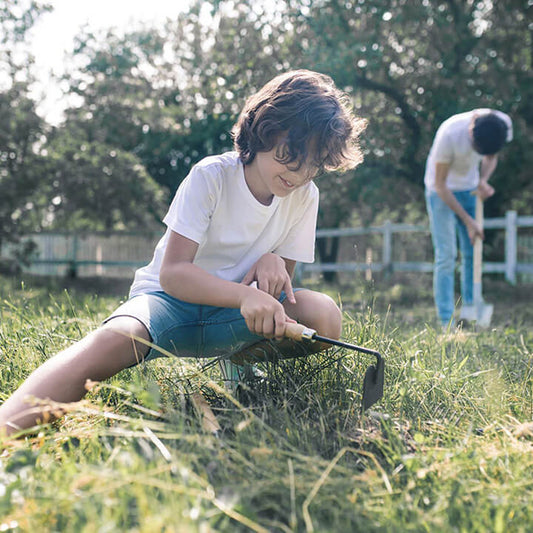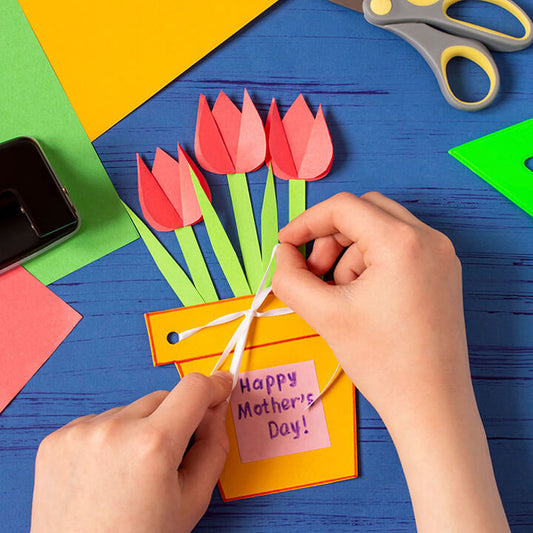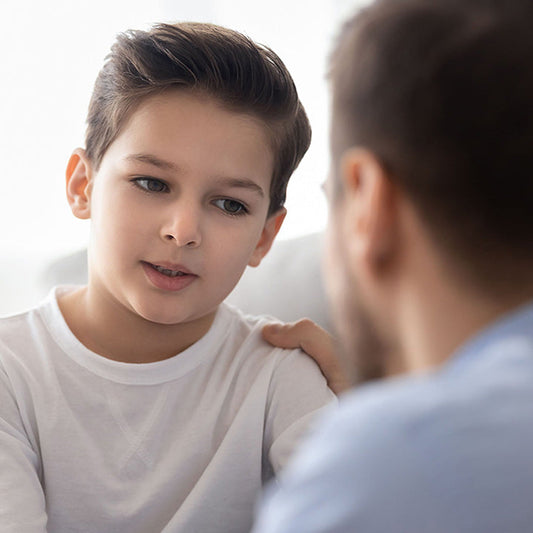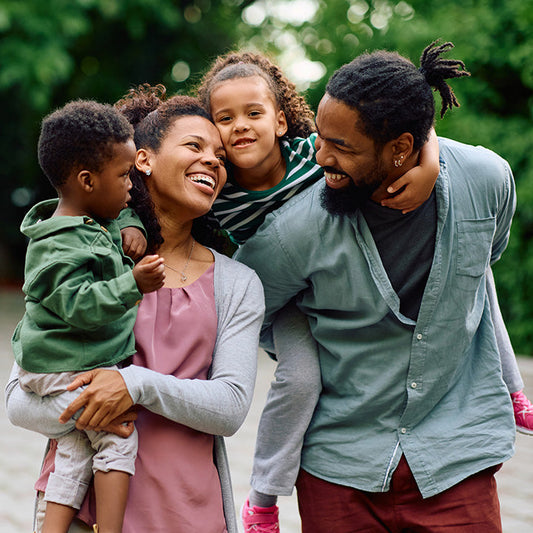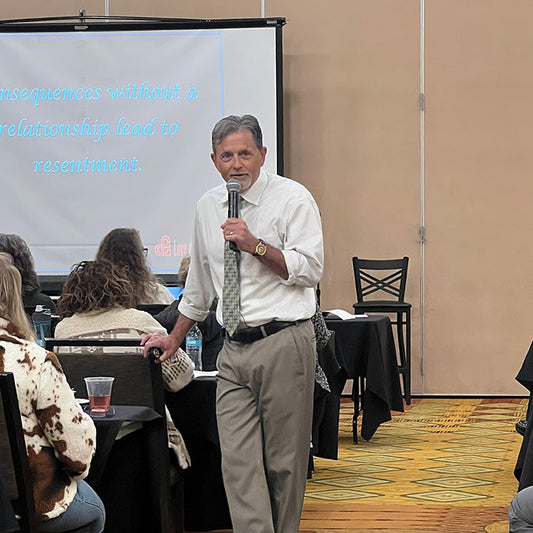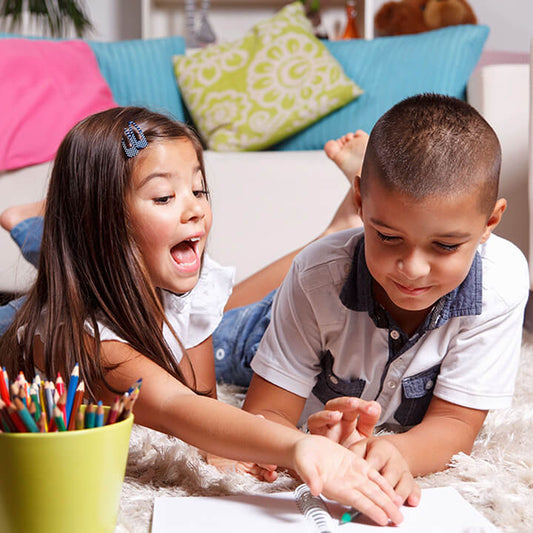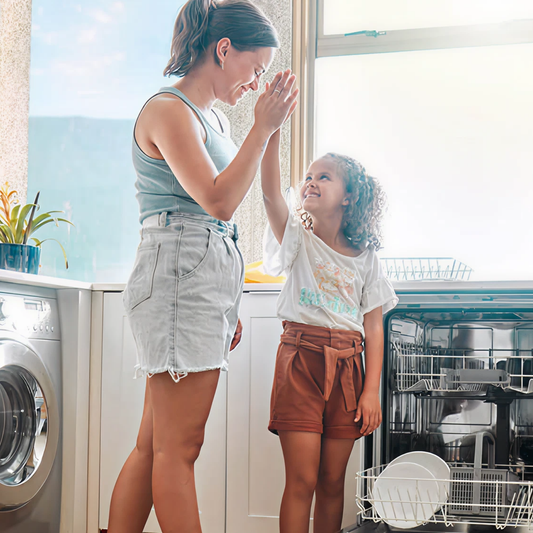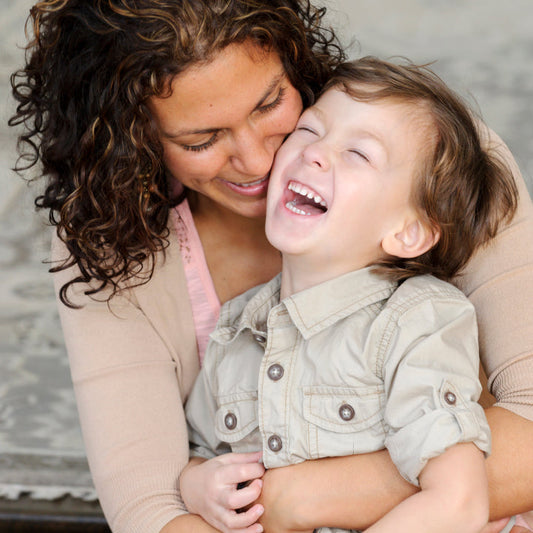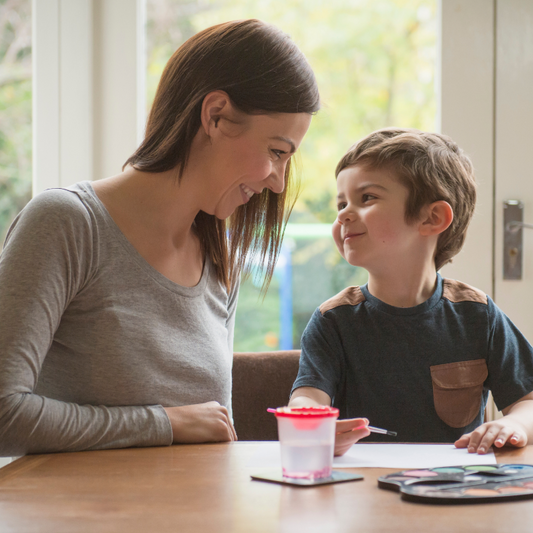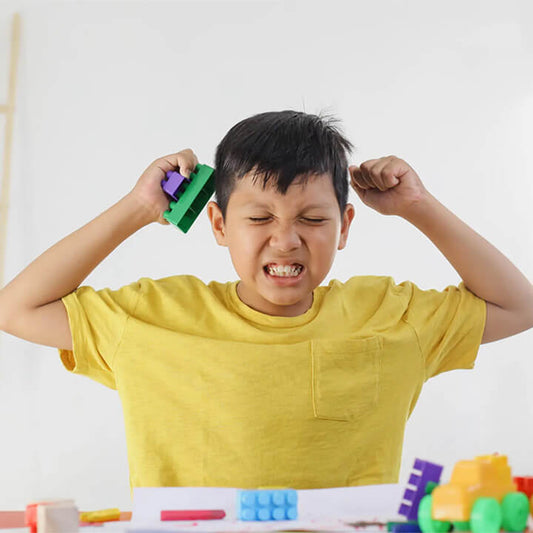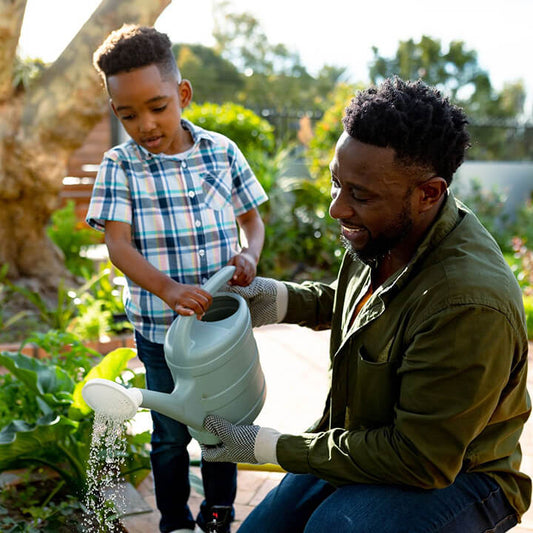Why do so many parents today grieve because the children they love aren’t motivated to love and respect them back? Few people set out with a written plan for getting themselves mired in dysfunctional relationships with their friends, relatives, coworkers, or kids. Why, then, do so many of us find ourselves struggling with manipulative people who mistreat us?
Part of the answer involves the fact that many of us, when we were children, failed to learn what healthy, loving, and respectful relationships look like. Although most of our parents did the very best they could, many of them were themselves struggling with learning these lessons.
Young people of my generation turned on our transistor radios and heard, “All you need is love.” We hoped that the Beatles were right, but it wasn’t long before we found out that love, at least as we understood it, was definitely not enough. It left us wondering, “What’s love got to do with it? Maybe Tina Turner was right.”
In today’s world, young people, as well as older people, are inundated with distorted messages from movies, popular music, and social media, all delivered via various digital devices. What’s the net effect? More and more people of all ages are looking for love in all the wrong places, and in all the wrong ways.
There are two critical components for developing healthy love and healthy relationships that we rarely find modeled in our culture:
- Unconditional caring
- Boundaries/Limits
Please don’t misunderstand! I struggle, too. Few of us are truly immune from the cultural confusion.
Fortunately, Love and Logic provides a practical template for healthy love and healthy relationships. The message of empathy communicates unconditional caring while at the same time communicating the fact that we are not Captain Codependent to the rescue.
Taking good care of ourselves by setting limits communicates that we respect ourselves enough to expect respectful treatment from others. In a nutshell, Love and Logic shows us how to remain compassionate and powerful at the very same time. Setting healthy, loving limits with genuine empathy benefits our kids as well as ourselves.
Learn more about how to achieve healthy love and healthy relationships with our little ones in Love and Logic Solutions for Early Childhood. It is guaranteed to make a profound difference in the way you communicate if you start early.

